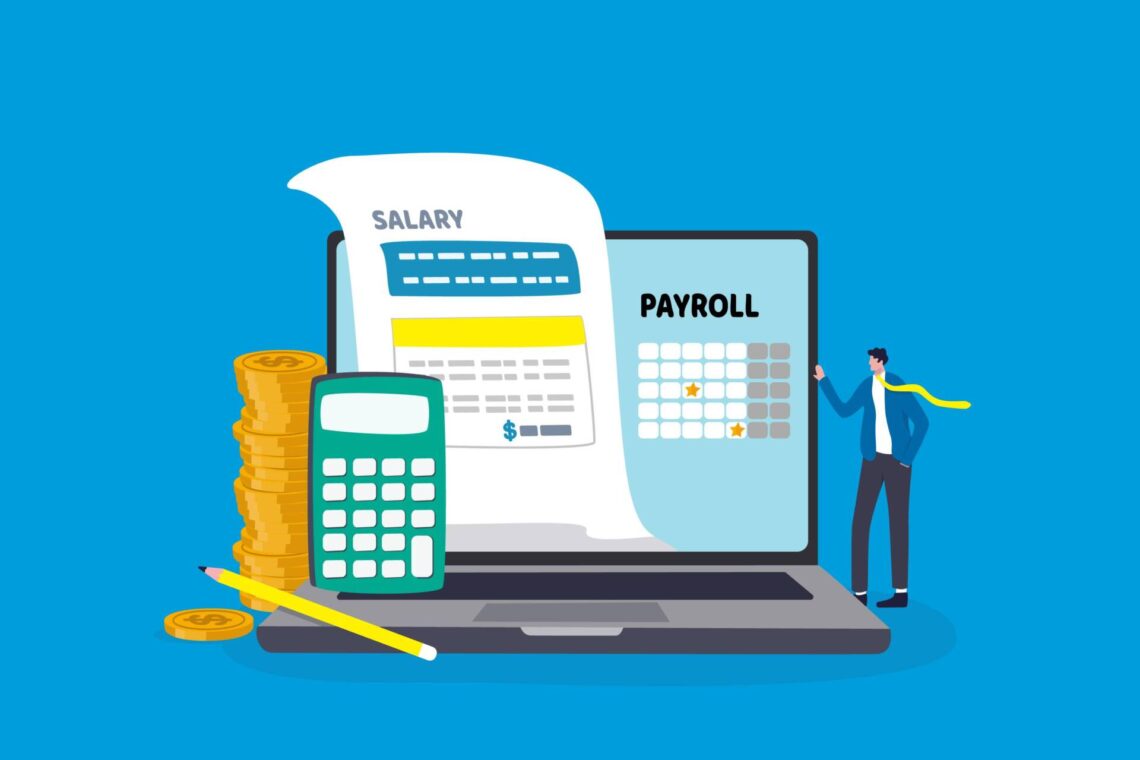Making additional contributions into your superannuation is just one method you can use to reduce the tax you pay each year, which can be particularly appealing to higher income earners who consequently see higher proportions of their salaries disappear on tax.
However, it’s not just higher income earners who can benefit from this strategy. In fact, if you earn over $37,000 you may like to explore how your super can impact the tax you pay too.
When it comes to tax, there are a lot of things to consider, and, there’s a lot at stake – your hard earned money! You should always seek personal tax advice to ensure the best outcomes for your own situation.
We’ve provided some general information to help you better understand the impact super can have on tax, and why it is worth discussing with your accountant this tax time.
While the end goal remains the same (reduce tax, increase super), there are a few different methods to get there:
- Salary Sacrificing
- Personal Super Contributions
- Spouse Super Contributions
- Co-Contributions to super
- Low Income Superannuation Tax Offset
Salary Sacrificing to reduce tax
Your employer will already make regular payments into your Superannuation fund, which is a legal requirement in Australia. But you may like to ask your employer to make some additional super contributions out of your salary (i.e. salary sacrificing), and by doing so, reduce the amount you pay in tax.
With salary sacrificing, the amount you “sacrifice” goes straight into your super from your gross pay (i.e. before tax has been taken out) and it’s taxed in your superfund at the same rate as your employer contributions, which is 15%. This is a lower tax rate for most when comparing with the marginal rate of 37% that you’d be taxed at if you decided to keep the extra money as part of your salary. It also reduces your taxable income, and you guessed it – the amount that goes to the tax man.
There are a couple of points to note before you consider adopting this strategy:
- High income earners making over $250,000 per year may have an additional 15% tax applied.
- There are concessional contributions caps in place, limiting you to salary sacrifice up to $27,500 per financial year. It’s important to ensure you don’t go over this amount, otherwise the tax benefits won’t apply and you may in fact be taxed at a much higher rate.
As employers aren’t required to offer Salary Sacrificing, a good place to start is to speak with your employer to see if it’s an option for you.
Making personal super contributions to reduce tax
Instead of having your employer deduct additional contributions out of your salary, you may choose to make additional contributions yourself from your after-tax income. These are called personal contributions.
There are two types of personal contributions
- Non-concessional contributions: these are amounts that you DON’T claim a tax deduction for:
- There is an annual cap of $110,000 (with options to bring forward three years of contributions) check with your accountant or financial planner about eligibility before you go over the yearly cap
- The receiving superannuation fund doesn’t pay any contributions tax on them
- Concessional contributions: these are amounts that you DO claim a tax deduction for:
- They’re included in the same $27,500 cap as your employer contributions – i.e., personal + employer must remain within this cap
- The receiving superannuation fund pays 15% contributions tax
- You need to notify your fund that you want to claim a tax deduction ‘before’ you lodge your tax return by giving them a ‘Notice of Intent to Claim’ form
Concessional contributions you make personally are like salary sacrificing in that it’s a method used to reduce your taxable income and therefore the amount of tax you pay. It also increases your super while being taxed at the lower tax rate of 15%. The difference is that you don’t need to arrange it with your employer, don’t need to pay regularly and can make lump sum payments as part of tax planning.
Whereas non-concessional contributions are often used as a person nears retirement and wants to significantly boost their superannuation balance, for example if they sold investments they held outside of super and wanted to get the proceeds into super.
It’s important to note that if you choose to claim a tax deduction for your personal super contributions, this makes you ineligible for the government’s super co-contribution, explained in more detail below.
Making super contributions to your spouse to reduce tax
There is a Spouse Contribution Tax Offset of up to $540 available to those who choose to make a super contribution (within the caps) to their spouse. In order to be eligible for the offset, keep in mind that your spouse must be under 75 years old at the time of the contribution.
Government Co-Contributions to Super
Government Co-Contributions are payments of up to $500 made directly into the super funds of low to middle income earners who make after-tax super contributions. The amount you receive will depend on the amount you contribute yourself.
You don’t need to apply to receive a Co-Contribution, it will be automatically calculated when you lodge your tax return.
The Low Income Superannuation Tax Offset
The Low Income Super Tax Offset (LISTO) was introduced by the government in an effort to help low-income earners ($37,000 or less) to increase their super in preparation for retirement.
The LITSO, a payment of up to $500 from the government, is paid directly into the superannuation fund of those eligible. It is essentially an offset (or refund) of the tax paid by your super fund on your concessional contributions.
You don’t need to apply for the LISTO, but you do need to make sure your super fund has your tax file number in order to receive a payment.
*Disclaimer: This information is for general information only, it has been prepared without taking into account your personal circumstances and should not be taken as constituting professional advice. Lemonade Beach is not a financial adviser. You should seek independent financial advice to check how this information relates to your personal circumstances.





